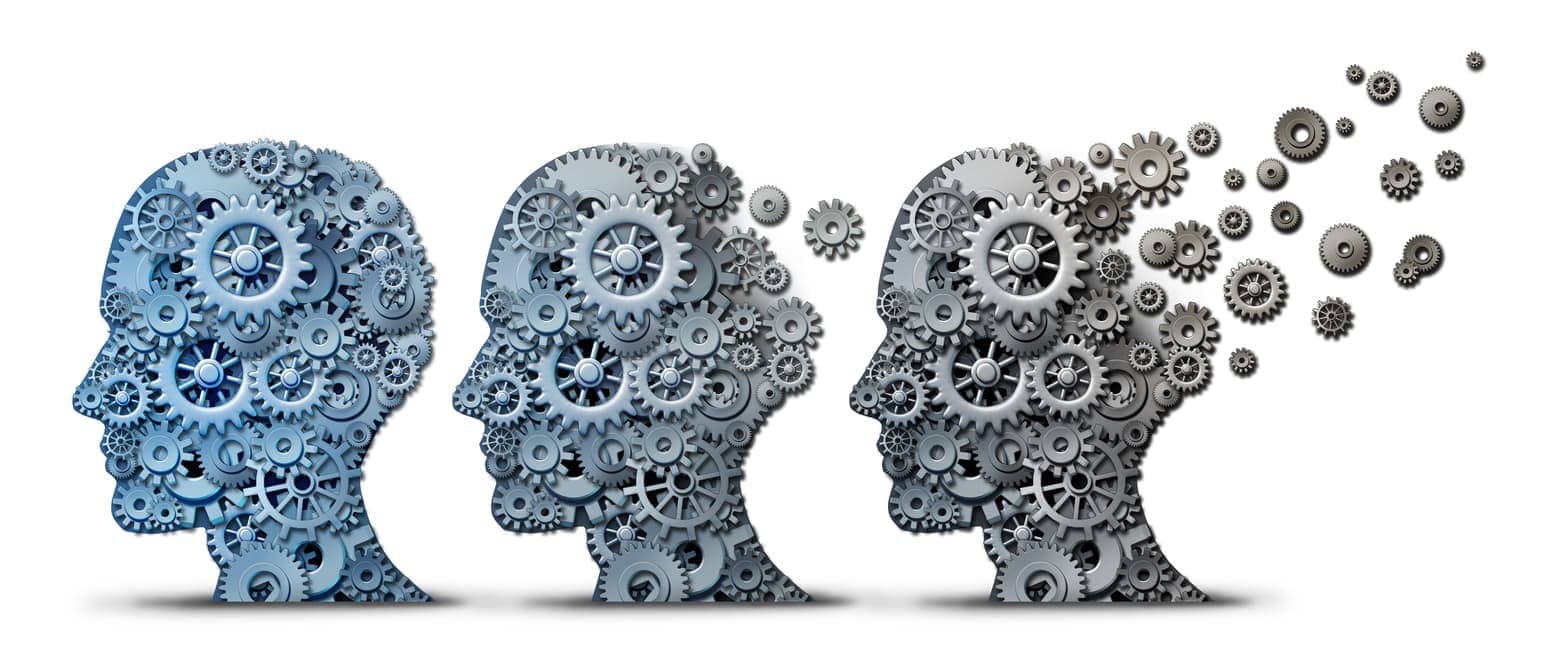
The Magic of Music Therapy
Music has a remarkable effect on those with dementia, and here at Avalon Memory Care, we love incorporating music into our activity programming. “It is clear that music does something magical that words cannot do at certain points in the dementia brain,” says Holly Bagwell, Outreach Coordinator.
“We have visiting music therapists join us for interactive sing-along time, invite residents to join in the music-making with percussion instruments, and put up a permanent activity at our Quarterway location we call the “Can you name them?” board.”
The board has names like Sammy, Frank, Elvis, Patsy, and Dolly, and residents are challenged to see if they can remember the artist’s names and music. The best part of the activity is when the staff pulls up a popular song from those artists. “Suddenly our residents remember their favorite songs and sing along!”
According to the National Institute on Aging studies, activities that can be both calming and stimulating, like music therapy, reduce reliance on medication and dementia behaviors like wandering, aggression, and restlessness.
How does this magic work? Here are 5 reasons why music is such a reliable therapy for people with dementia:
1) Music exercises strengthen people’s remaining aptitudes.
Music appreciation and aptitude remain active in the brain longer than other capabilities. According to the Mayo clinic’s Johnathan Graff-Radford, M.D., “Musical memories are often preserved in Alzheimer’s disease because key brain areas linked to musical memory are relatively undamaged by the disease.”
The brain stores musical learning as a procedural memory like many other routines and repeated actions. Dementia primarily affects episodic memory, or our memory of non-routine events, leaving much of the procedural memory intact.
2) Music awakens positive memories and emotions.
Who hasn’t heard an old song and been transported to the past? Musical memories are strong, partly because they’re tied to positive emotions, and the brain prioritizes emotional memories.
3) Music can reduce agitation, stress, and anxiety.
Music therapists often recommend classical, soft pop, and certain types of world music for anxiety and stress reduction. Slow jazz, atmospheric spa-like music, and nature sounds can also be soothing. “We had a resident who wore headphones with music playing throughout the day,” said Holly Bagwell, “This was the only thing that kept her anxiety at bay.”
4) Music can encourage movement.
Getting enough movement in the day can be challenging for some Alzheimer’s patients. Clapping, dancing, hand motions, and playing hand-held instruments are all part of music therapy.
5) Music encourages engagement with others.
For as long as people have made music, music has brought us together. Music therapy encourages people to interact and engage in positive ways. People brighten up and sing together or share memories triggered by a familiar song.
Music can be joyful, life-affirming, and engaging, all the things we want most for our loved ones with dementia. Want to help your loved one enjoy more music? Dementia care experts advise building a playlist to enjoy together. Find popular music from your loved one’s era and experiment with different songs. Note their response to favorites and make a list of soothing melodies and stimulating songs. Experts suggest playing soft music during times that may be stressful, like mealtime, and upbeat music at times you want to help boost your loved one’s mood.
At Avalon Memory Care, we’re always looking for new experiences and therapies to engage our residents. If you’d like to take a tour and learn more about our unsurpassed level of care, call us at (972) 364-4755.
See More Articles
- Understanding Parkinson’s Disease and Dementia
Parkinson’s disease is an incurable neurological disorder, with progressively worsening complications. Perhaps the most well-known symptom of Parkinson’s is a hand tremor, but it can also cause speech changes, muscle rigidity, and impaired posture. Eventually, as the disease progresses, more than half of all individuals with Parkinson’s will require dementia care. This particular type of
- The Long Goodbye: Understanding Anticipatory Grief and Dementia
When you have a family member who is suffering from dementia, it’s not unusual to find yourself experiencing sharp and sudden emotions. The gradual loss of a loved one is, in many ways, comparable to experiencing the death of someone close to you. With progressive dementia, this sense of loss is accompanied by another emotion
- Hope For the Future: Emerging Alzheimer’s Research
According to the latest statistics, as many as 5.5 million Americans are living with Alzheimer’s disease, and its prevalence is only expected to rise in the next few decades. At the same time, however, research into treatments for the condition is accelerating. With every passing year, we move a little further down the road toward
Testimonials
Downloadable Resources
We Are Avalon
Discover the heart of our community; download ‘We Are Avalon’ to get to know our dedicated team and our commitment to providing a warm, family-like environment.
Transitional Care Guide
If you’re considering a transition, we’re here to help; download our Transitional Care Guide for compassionate guidance through each step of the process.
Schedule a Tour
Visit one of our 30+ campuses and experience our unique approach to memory care.












